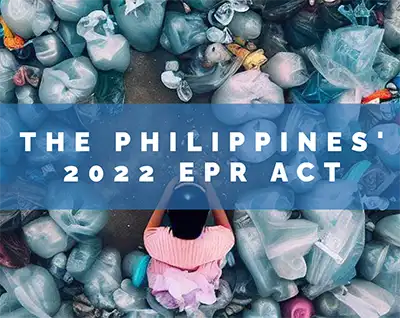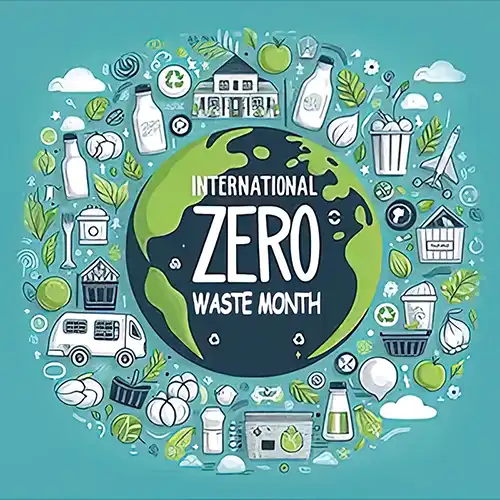Responsible & Sustainable Giving: Making Ethical and Effective Donations

Donating to charity allows individuals to make a positive impact on causes they care about, contributing to the wellbeing of others and society as a whole. By supporting charitable organisations, donors help address pressing social, environmental, and humanitarian issues, such as poverty, education, healthcare, and environmental conservation. Donating to charity can also bring personal satisfaction and fulfilment, knowing that one’s contributions are making a difference in the lives of those in need. Overall, donating to charity serves as a powerful tool for creating positive change, spreading kindness, and building stronger, more resilient communities.
This article looks at some of the reasons people are deterred from donating and steps individuals can take to ensure they make ethical and effective donations.
How do I decide what charity to donate to?
First and foremost, it’s important you are donating to a cause you are passionate about. Start by defining goals and priorities to determine what causes or issues matter most to you. Think about your donation objectives, whether it’s to alleviate poverty, support education, fund medical research, or something else, and then you can start looking for charities with similar objectives. Think about whether you want to donate to your local community or further afield. If you had a particularly memorable visit to a country whose people and culture really resonated with you, consider charities that focus their efforts there.
Next is to look for organisations that align with your goals and priorities. Research on the internet, check out some websites, look on social media. When you find ones you like, read a bit more to understand their mission, programs, and financial transparency. You can evaluate charities based on their impact, efficiency in using donations, and alignment with causes you care about. Consider factors such as the organisation’s track record, governance structure, and sustainability. Read the charity’s annual review and feel free to reach out directly to charities to ask questions or request more information. Lastly, reflect on your values, interests, and philanthropic goals to ensure your donations align with causes that resonate with you personally.
I’ve found a charity I like, how do I know it’s legit?
Due diligence is essential in ensuring your donations are going to a bonafide charity that achieves real impact through its programs. First port of call is to check that the charity is registered with relevant government authorities, complies with legal requirements for nonprofit organisations, and is up-to-date on reporting requirements. Websites like ChangePath provide ratings and reviews of nonprofits in Australia (though similar websites exist for charities all over the world) including financial performance and accountability. Charities should publish their audited financial statements as part of their annual reports so review those to get an idea of their financial position and transparency. Be cautious of charities that pressure you to donate immediately or use high-pressure tactics and avoid charities that lack transparency, refuse to provide information, or have a history of mismanagement or legal issues.
How do I know I’m donating to a good cause?
Once you’re confident the charity is legit, you can think about how effective they are in their endeavours to ensure your donation is used for a good cause. Search for reports by the charity on their activities and impact, making sure they refer to challenges as well as successes – if a charity appears to have encountered no challenges along the way they’re probably not being entirely truthful! Check what percentage of your donation goes directly to programmatic activities and not just administrative expenses or fundraising. What you may find is some of the bigger charities have a high budget allocation for salaries, fundraising, and administrative costs, meaning less of your donation ends up where you want it to go.
How do I make sure my donation has a long-term impact, not just short-term relief?
While short-term relief is often what’s most urgently needed, long-term impact is more impactful overall because it addresses the root causes of social issues, fosters sustainable change, and maximises the effectiveness of interventions over time. While short-term relief efforts provide immediate assistance and alleviate immediate suffering, they often do not address the underlying structural factors that perpetuate poverty, inequality, and vulnerability. Prioritising long-term impact ensures that resources are used efficiently and effectively, maximising the value of your contributions and creating sustainable solutions that benefit generations to come.
With this in mind, research how the charity’s programs impact communities in the long-term. Seek evidence of sustained interventions. Effective charities often provide data and reports on their achievements and outcomes. Inquire about the charity’s long-term plans and strategies for achieving its mission.
How do charities maintain transparency about donations and impact?
Charities maintain transparency through various practices aimed at providing clear, accessible, and accurate information to stakeholders. One key aspect is financial transparency, which involves publishing detailed financial statements, including income, expenses, and investments. Charities undergo independent financial audits to ensure accuracy and compliance with accounting standards.
Another aspect of transparency is programmatic transparency, which involves sharing information about the organisation’s mission, programs, and impact. Charities should publish annual reports, impact assessments, and program evaluations to provide insight into the effectiveness of their initiatives. They may also maintain open communication channels with donors, beneficiaries, and the public through websites, newsletters, and social media platforms.
Governance transparency is also important, involving clear policies and procedures for decision-making, conflict of interest disclosure, and board oversight. Charities typically have governing boards that provide strategic direction and oversight, with members often required to adhere to ethical standards and disclosure requirements.
Maintaining transparency is essential for building trust, accountability, and credibility with donors, beneficiaries, regulators, and the public. By upholding high standards of transparency, charities demonstrate their commitment to integrity, responsible management, and effective impact.
How does Dana Asia maintain transparency?
Dana Asia maintains transparency in various ways. We always ensure our registrations and reporting are up to date with the Australian Charities and Not-for-profits Commission, the national regulator of charities. You can read about our work on our website, social media, or sign up to our newsletter for updates. Our annual review, including audited financial statements, is published on our website as well as our constitution, key policies, and the Dana Asia Code of Conduct that governs everything we do.
Dana Asia maintains a small team to keep overheads to a minimum and we are very approachable! If you send us an email or a message online we do our best to respond quickly. We are always happy to answer any questions about our work, making donations, or information on creating sustainable social impact in general.






